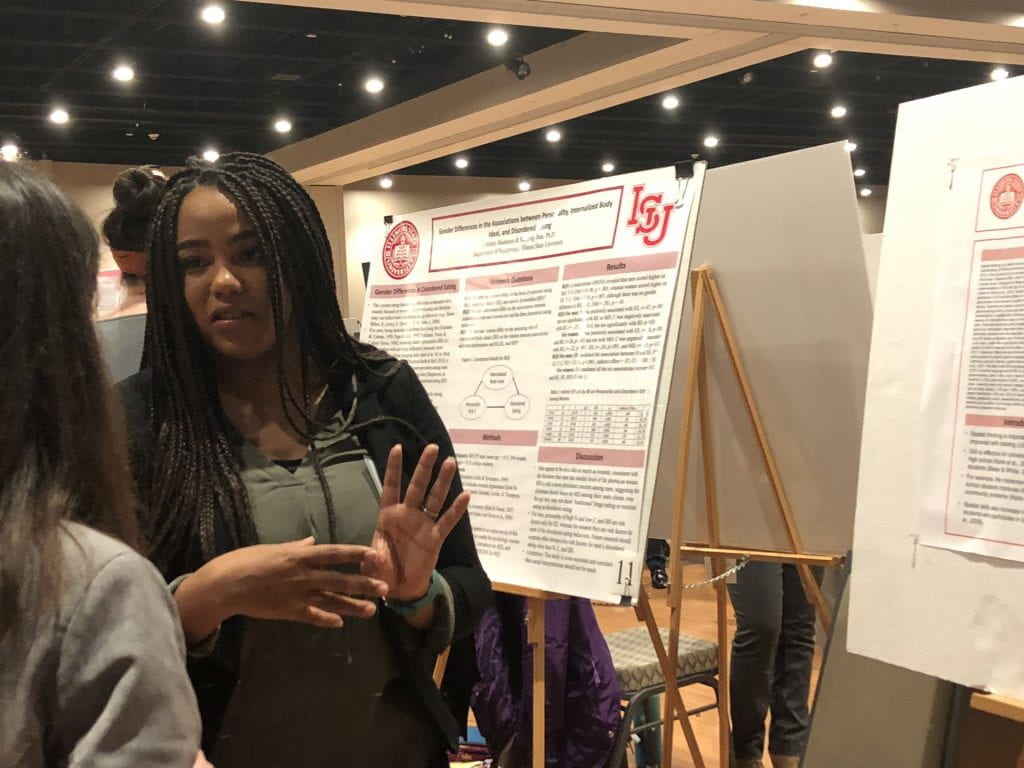Click Here for a list of recent publications

Human Memory Lab
Prospective Memory
Prospective memory (PM) is used when we try to remember to perform a task at a particular time or after a specific event. For example, we use prospective memory when we remember to take medication each night before we go to bed. When we walk into the kitchen to pour ourselves a drink and forget why we went to the kitchen because we remembered three other things we needed to do on the way, our prospective memory has failed us. In the lab, we have explored for delays affect PM and how PM based on time or events cues differs.
Facial Recognition
Recognizing faces is something we do every day, making it an important process to understand. Emotional expression can further complicate this type of recognition. Yet, emotional expression advantages are not well understood, nor is the effect of delay on these advantages. Thus, we have been investigating the role of forgetting in expression advantages in facial recognition.
Task Order Choices
How do we decide the order of tasks we need to complete? A recent finding suggests that in some cases, people will complete a task as soon as possible, even if doing so requires extra effort (Rosenbaum et al., 2014). Some of our current work is investigating this effect in cognitive tasks to better understand how we choose when to complete cognitive tasks and whether this choice is based on reducing ones cognitive load.
False Memory
In 1995, Roediger and McDermott revived the Deese (1959) paradigm for creating false memories in a laboratory experiment. Using this procedure, Roediger and McDermott showed that subjects will falsely recall and recognize items from a studied word list that were not shown. The false items were induced by lists of words that are strongly associated to the critical item (e.g., falsely recall “sleep” is given “dream”, “bed”, “rest”, “awake”, etc). Subjects will even report an experience of recalling the context with which the critical item appeared (Payne, Ellie, & Blackwell, 1996). Our recent studies on this topic explore differences in short- and long-term false memories as a means of understanding how these forms of memory differ.
Lab Meetings
Lab meetings for my lab are held on Wednesdays 8-9 am throughout the semester.
Student Research Opportunities

Students who work in the Human Memory Lab gain hands-on experience with the research process, including reading and presenting published research. Undergraduate student researchers can sign up for PSY 290, which can lead to the PSY major research capstone after 3 credit hours of PSY 290, PSY 390 if they do well in their PSY 290. However, PSY 231 is a prerequisite for joining the lab.